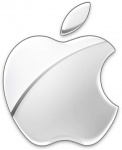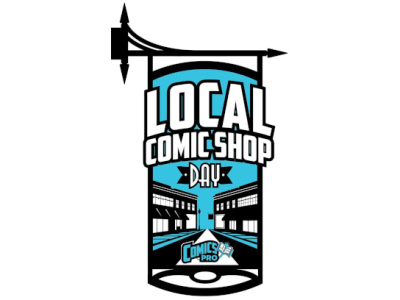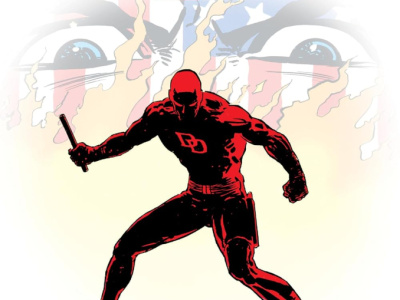 Apple conspired with book publishers to fix e-book prices, a ruling in federal court said Wednesday, according to Publishers Weekly. The case involved five book publishers (see "Publishers in E-Book Pricing Case Blame Amazon"), all of whom ended up settling with the government. Apple, however, went to trial and has now been found in violation of Section 1 of the Sherman Act. The judge will now rule on the penalty phase of the trial, which will involve injunctions to force Apple to act in certain ways, and damages in the state and consumer cases.
Apple conspired with book publishers to fix e-book prices, a ruling in federal court said Wednesday, according to Publishers Weekly. The case involved five book publishers (see "Publishers in E-Book Pricing Case Blame Amazon"), all of whom ended up settling with the government. Apple, however, went to trial and has now been found in violation of Section 1 of the Sherman Act. The judge will now rule on the penalty phase of the trial, which will involve injunctions to force Apple to act in certain ways, and damages in the state and consumer cases.The conspiracy began when Apple was preparing to launch the iPad, according to the ruling, and worked with the book publishers to promote agency pricing, in which publishers set retail prices and retailers like Apple take a commission. At the time Amazon was buying e-books on a wholesale price model and setting its own prices, which were sometimes below cost. The effect of forcing agency pricing was to raise prices on e-books, because Amazon no longer had the option to reduce its margins, sometimes to below zero.
Apple had argued that Amazon’s actions were monopolistic, but the judge ruled that even if Amazon’s pricing was illegal under antitrust law, it didn’t justify the conspiracy Apple led.
Amazon, of course, is a ruthless competitor on price, whether in the sale of physical products or digital. Whether this ruling will end up allowing price competition in e-book pricing to resume is yet to be determined; if it does, expect a price war of epic proportions.







